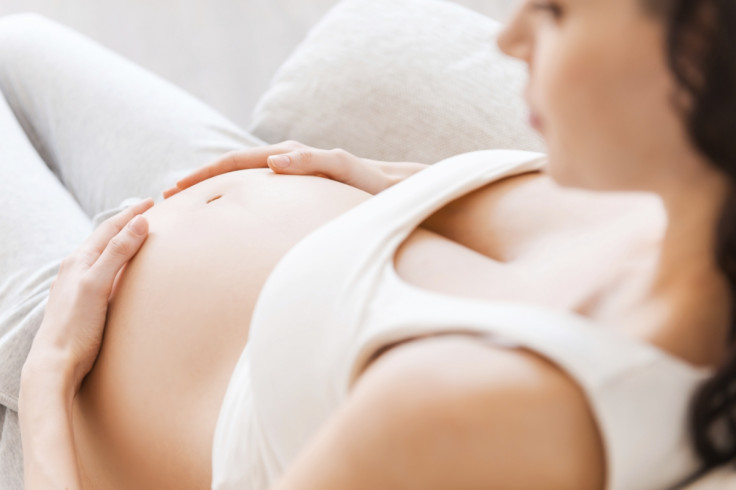Up to 26 women fertilised with the wrong sperm due to 'procedural error' in the Netherlands
The University Medical Centre in Utrecht is investigating an egg and sperm mismatch during ICSI fertility treatment.

At a leading medical institution in the Netherlands, it is believed that up to 26 women receiving a fertility treatment may have had their eggs fertilised by the wrong sperm. The University Medical Centre in Utrecht has launched an investigation to determine how this has been allowed to occur and exactly how many couples could be affected.
In a statement, the institution has announced that a procedural error made in its IVF lab between mid-April 2015 and mid-November 2016 could be to blame. During that time, sperm cells from one treatment couple may have ended up in the egg cells of other couples undergoing the ICSI fertility treatment (see box).
It is possible, therefore, that the sperm used in the procedure was not the sperm from the intended father. "The probability of this is small, but it cannot be ruled out", the doctors point out.
Half of the women involved in this incident have already given birth or are pregnant. Some of the couples' embryos had also been frozen and stored to be implanted in the mothers' wombs at a later date, but there is a chance that they too have been created using the sperm from a man other than the intended father.
It is not clear what the procedural error is but until more light is shed on the issue, the University Medical Centre has stopped performing ICSI fertility treatments. The number of other procedures carried out has also been reduced and only the treatments for which reliability is ensured will be resumed in the coming weeks.
All the couples involved have been contacted and will soon meet with doctors to discuss their personal situation. In the meantime, a phone number has been set up for those who want their questions answered.
What is ICSI?
Intracytoplasmic sperm injection (ICSI) is a specific type of In vitro fertilisation (IVF) treatment. It differs from conventional IVF because instead of fertilisation taking place in a dish where many sperm are placed near an egg, the embryologist selects a single sperm to be injected directly into an egg.
It is particularly recommended for couples who wish to conceive when the man has a very low sperm count or when other problems with the sperm have been identified.
© Copyright IBTimes 2025. All rights reserved.






















